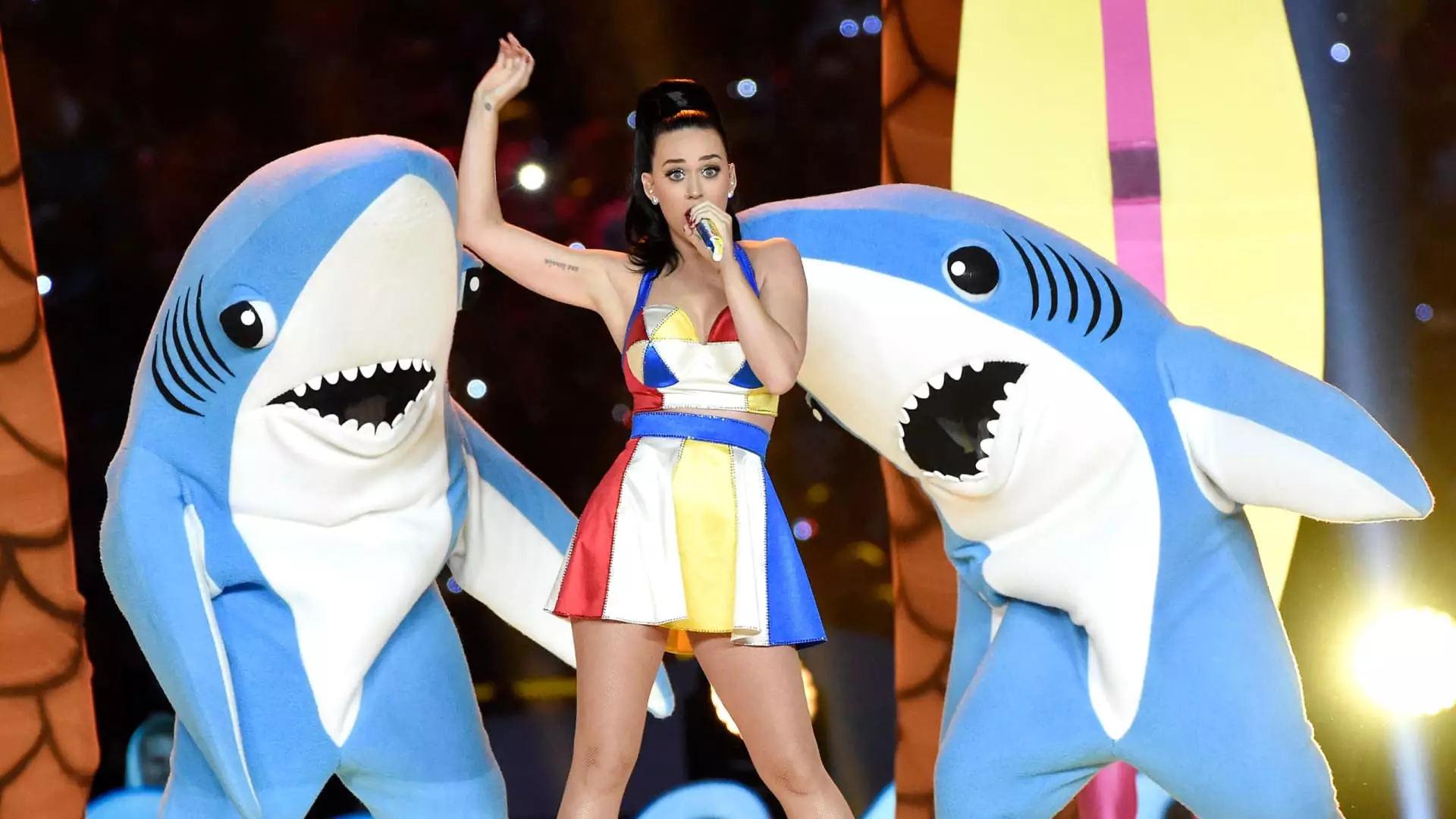In a world where pop music reigns supreme, the lyrics and melodies often mirror the society we live in. Today, despite positive economic indicators such as expanding economy and low unemployment rates, recent pop hits tell a different story. Artists like Taylor Swift and Beyoncé have captured the essence of a collective malaise in their latest albums. Swift’s song “I Can Do It With a Broken Heart” resonated deeply with listeners, reflecting the struggle of being productive amidst emotional distress. Beyoncé, in her album “Cowboy Carter,” sings about the financial struggles faced by hardworking individuals. Even viral TikTok hits like “I’m looking for a man in finance” highlight feelings of frustration and financial vulnerability that are prevalent in today’s society.
Economists and trend experts have coined the term “vibecession” to describe the growing disconnect between economic prosperity and people’s perception of their financial well-being. Some have even likened the current mood to a “silent depression.” This resurgence of negative emotions in popular music has drawn parallels to the era of “recession pop” that emerged during the Great Recession in the late 2000s. This trend of music acts as a cultural response to economic turmoil, providing a sense of solace in the face of uncertainty.
During the Great Recession, artists like Katy Perry and The Black Eyed Peas dominated the charts with upbeat, feel-good anthems that served as a form of escapism for listeners. Despite the economic hardships faced during that time, the music industry saw a shift towards high-tempo, dance-pop tracks that aimed to uplift spirits. This preference for happier songs during times of economic distress has been observed throughout history, with music acting as a reflection of societal trends and emotions.
Today, as Americans grapple with rising prices and financial instability, there has been a resurgence of recession pop that speaks to the struggles faced by young adults. Reports show that financial well-being is deteriorating, with many young people feeling the weight of economic pressures. A significant number of Generation Z individuals express dissatisfaction with their financial status and rely on family support for basic needs like food and rent.
The resurgence of recession pop can be attributed to the societal struggles and distrust of corporations prevalent among young people today. Escapism through music offers a way to navigate the complexities of the current political and economic landscape. As wealth accumulation becomes increasingly challenging, particularly for those priced out of the housing market, the need for escapism and nostalgia grows stronger.
Recession pop serves as a cultural response to economic uncertainty and societal challenges. By revisiting the soundtracks of past eras marked by financial hardships, artists and listeners alike find solace in music that conveys a sense of understanding and connection. While the economy may be thriving on paper, the emotional realities of individuals paint a different picture. As long as there are struggles and uncertainties in the world, there will always be a place for escapism through music.

